You will need:
- You can buy ant farm kits online but below are the simple materials you could also use:
- Two jars with screw top lid, one larger than the other
- A dark cloth
- An insect pooter to collect the ants (instructions here)
- Choose a soil with a bit of texture so the tunnels don’t collapse (a sandy loam would be ideal).
- A water sprayer (atomizer) to keep the soil moist.
- Fruit slices to feed the ants.
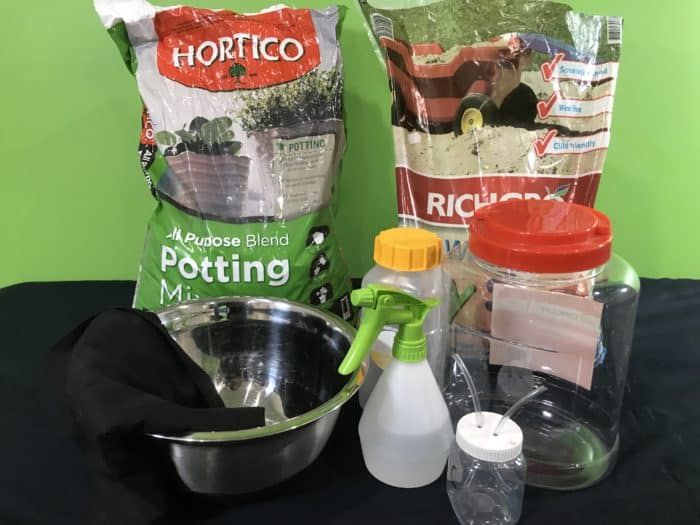
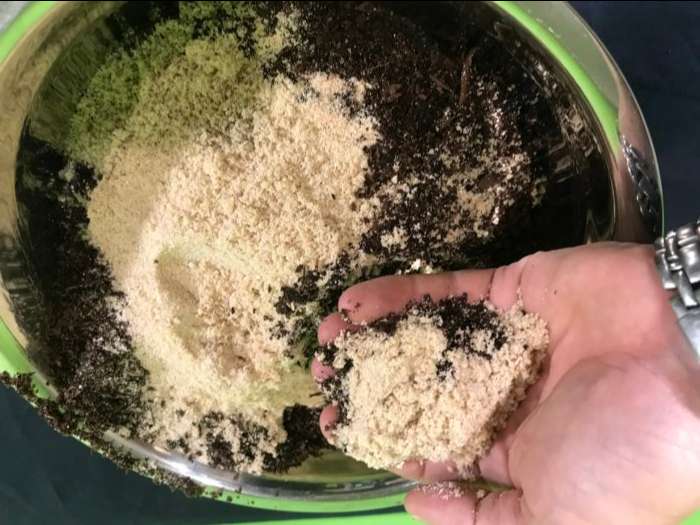
“Collecting soil from the garden”
When looking after your ants you can use a water spray (atomizer) to keep the soil a little bit moist… but don’t drown them!
Prepare the soil for your ants. You want the soil to be loose enough for them to tunnel but not so loose that the tunnel collapses. try mixing 2 parts clay with 1 part sand if you don’t have a comparable soil nearby. You can collect soil from your garden or alternatively use a little bit of potting mix and some sand from the gardening store.
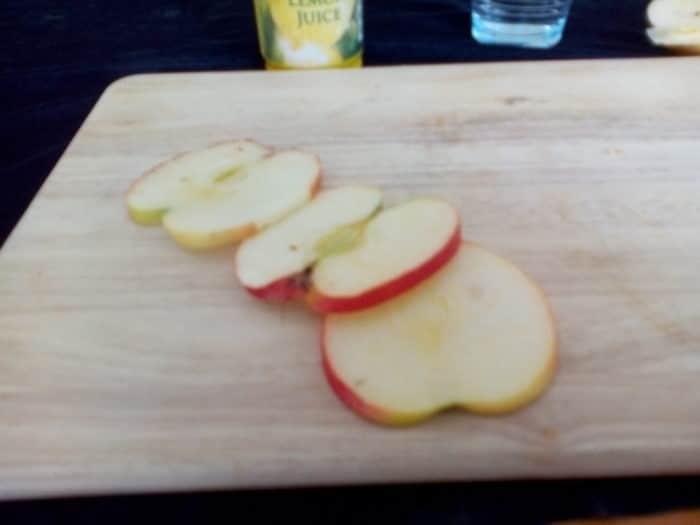
Cut apple slices for the ants to eat
Don’t forget to feed your ants! They love pieces of fruit as the fruit contains a variety of sugars that they need to grow. Just be sure to only give small amounts of fruit or you could introduce mould into your ant farm (if not everything is being eaten you’re feeding the ants too much food). Don’t be tempted to give them meat as rotten meat is a health hazard and could bring other pests into your ant farm.
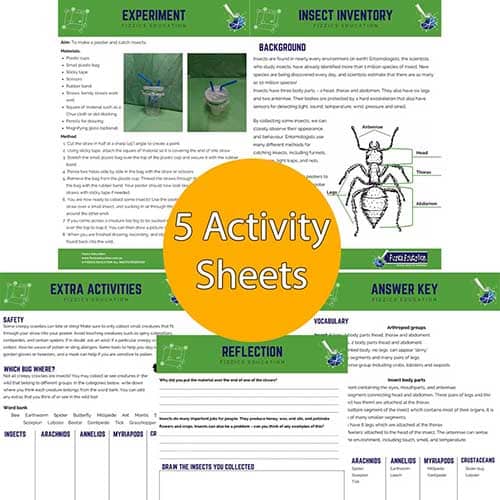
Go further – buy 5 x student activity sheets as extension worksheets.
This student science booklet has been created by experienced science educators from the Fizzics Education team.
Use these student worksheets as blackline masters for your science class!
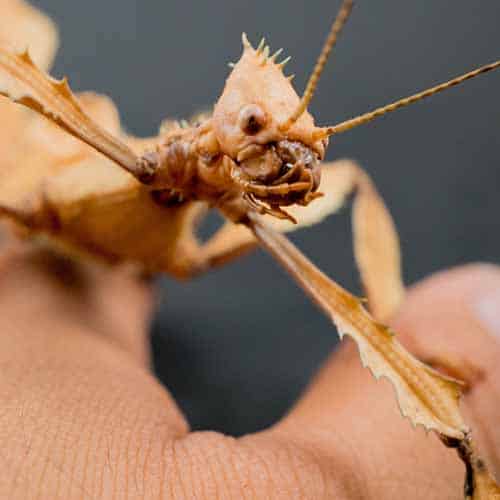
School science visits since 2004!
– Curriculum-linked & award-winning incursions.
– Over 40 primary & high school programs to choose from.
– Designed by experienced educators.
– Over 2 million students reached.
– Face to face incursions & online programs available.
– Early learning centre visits too!
More Information
Ant farms need to be cared for. You can feed your ants food such as vegetable and fruit scraps or even dried cat food (avoid fresh meat). Don’t place the ant farm in strong direct sunlight or you will overheat the ant farm. If you’re not sure about the species of ant that you have, you can check with a local museum (avoid collecting ants that will sting you!).
Classroom activity sheets for this experiment
Create, reflect & extend!
From basic ecology to digital microscopy, we’ve got your living things unit covered!
Get in touch with FizzicsEd to find out how we can work with your class.
Little Life
Years K to 6
Maximum 30 students
School workshop
60 or 90 minutes
Online Class Available
STEM Full Day Accelerator - Primary
Designed from real classroom experiences, this modular day helps you create consistently effective science learning that directly address the new curriculum with easily accessible and cost-effective materials.


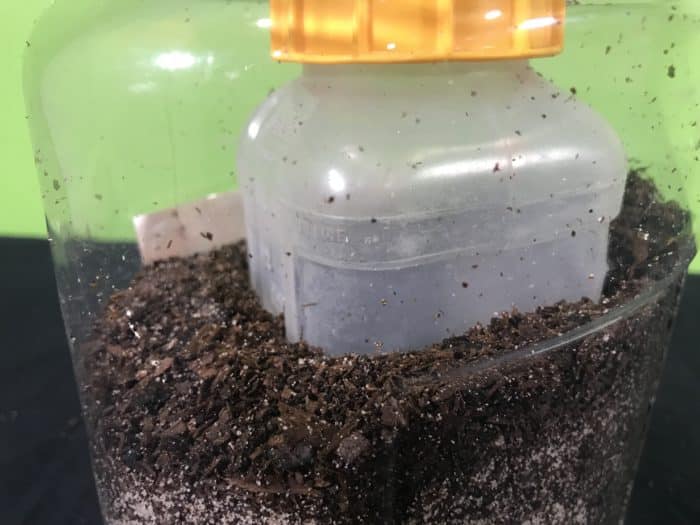
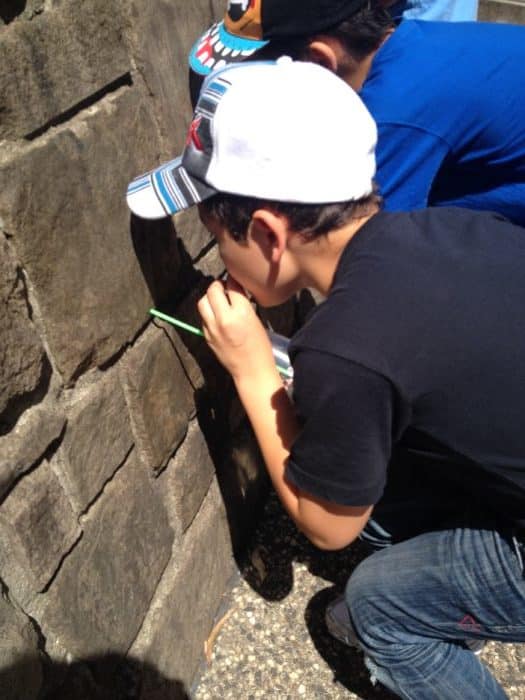
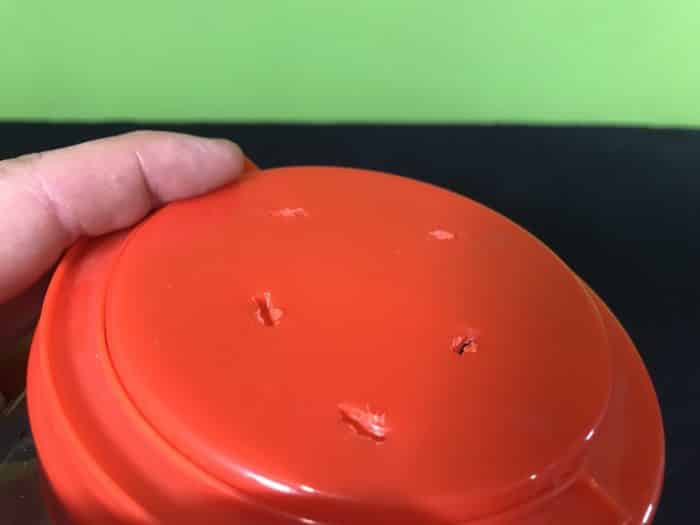
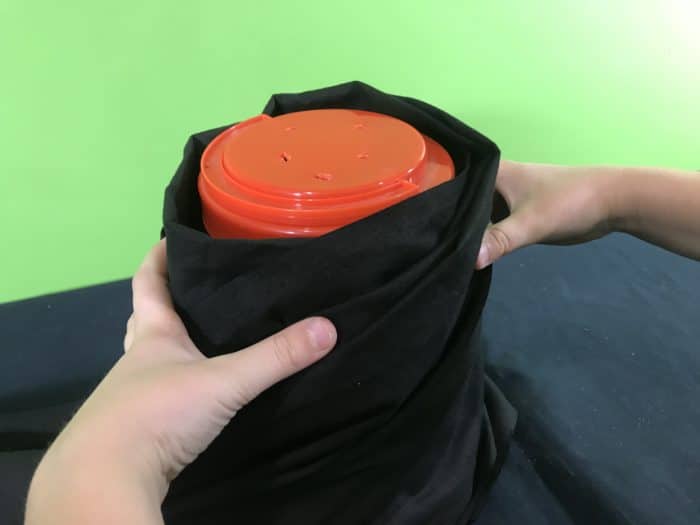

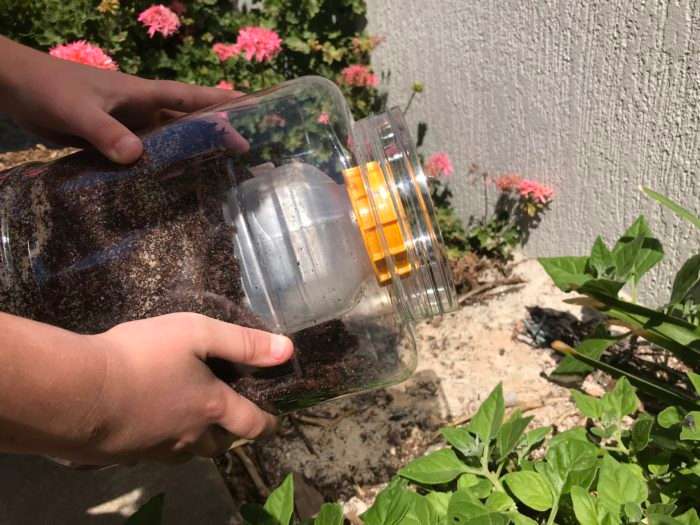
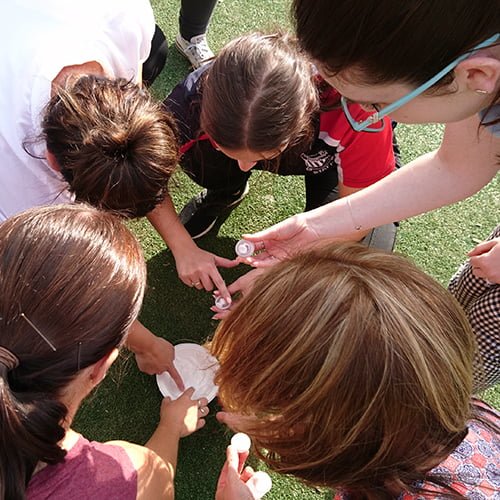

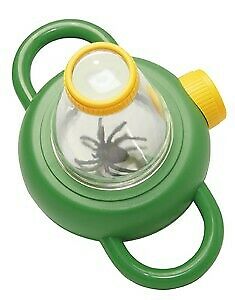
























Comments